(a comprehensive look)
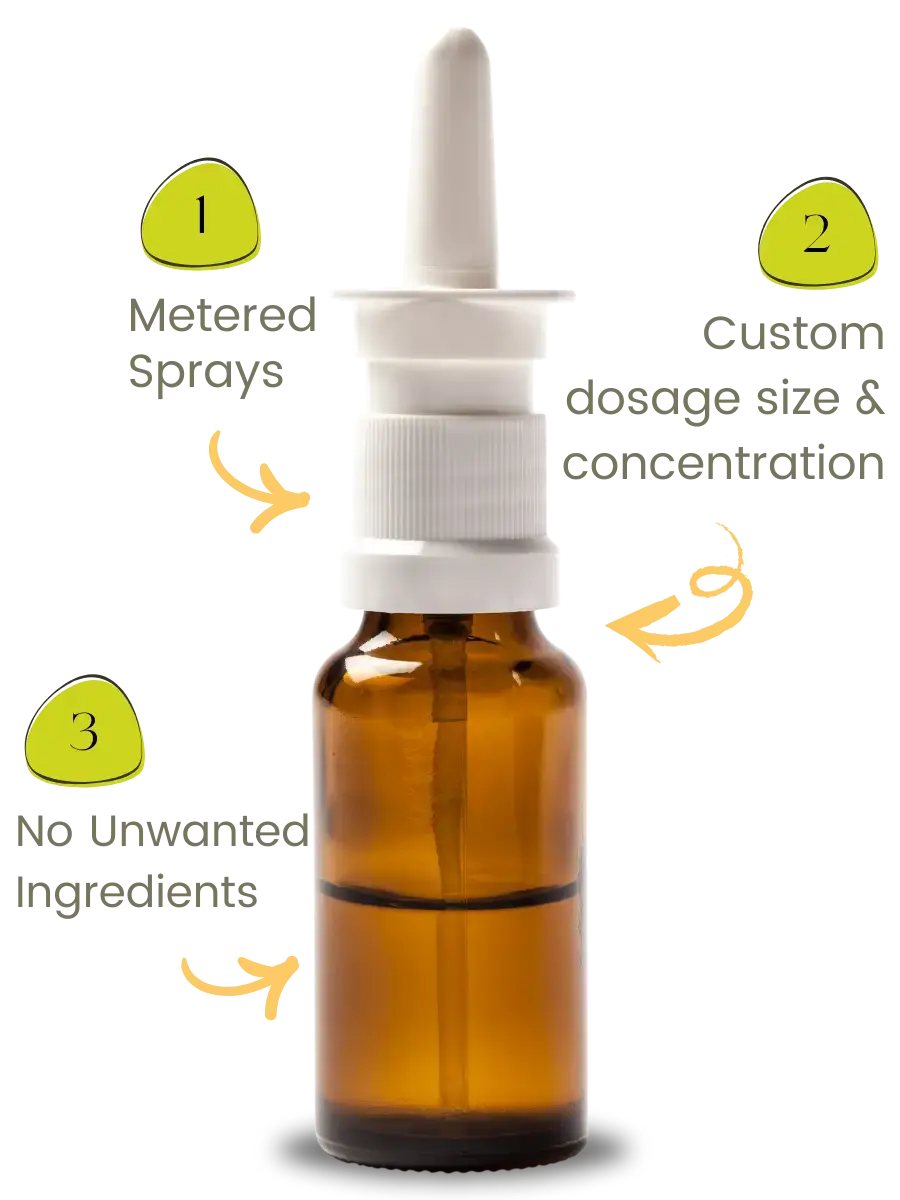
Ketamine belongs to the class of drugs known as dissociative anesthetics, which induce a state of dissociation from the environment and self. The United States classifies ketamine as a Schedule III controlled substance, meaning it carries risks of addiction and dependence when misused.
Doctors primarily use ketamine for anesthesia, sedation, and pain relief. It is an anesthetic option for patients undergoing surgery.
Beyond its primary medical uses, however, ketamine has helped patients with off-label applications. Using lower doses of ketamine has helped patients with treatment-resistant depression, chronic pain management, and more.
Ketamine is an FDA-approved anesthetic. When compounded at low, controlled doses may help treatment-resistant depression, chronic pain, anxiety, and PTSD.
Ketamine is most commonly compounded into nasal sprays, but can also be taken as troches and rapid dissolve tablets.
Yes.
While ketamine as an anesthetic agent is FDA-approved, off-label uses (e.g., for depression) are legal when prescribed by a licensed provider and compounded for patient-specific needs.
Some patients experience temporary dizziness, dissociation, or nausea. These effects typically subside quickly.
We work closely with your care team to tailor doses and delivery methods for optimal tolerability.
Forms such as nasal sprays, sublingual troches (lozenges), rapid-dissolving tablets, and topical creams are available for convenient at-home use under medical guidance.
For those with sensitivities, we offer allergen-free, dye-free, or preservative-free options.
These customizable formats allow your provider to match the delivery method to your treatment plan and individual needs.
Certain compounded forms, like nasal sprays and troches, may be prescribed for at-home use under strict medical oversight. Providers will assess if this is suitable based on the patient's condition and safety.
IV ketamine and the traditionally prescribed nasal spray Spravato must be administered in a doctor's office.
Ketamine affects numerous pathways in the brain. It interacts with the glutamate system by blocking glutamate receptors. Our glutamate levels can influence the communication between neurons.
By hindering the reception, users will experience an anesthetic effect. Similar to how naltrexone interacts with opiate receptors, low doses of ketamine may actually increase the production of the neurotransmitter it inhibits.
Ketamine therapy involves using low doses of ketamine to remedy conditions such as treatment-resistant depression, chronic pain, PTSD, and other mental health issues.
This therapy can take the form of intravenous (IV) infusions, nasal sprays, and sublingual medications.
Doctors typically administer ketamine in a clinical setting, allowing them to monitor their patients for adverse reactions. Monitoring at the point of administration is a requirement for most forms of ketamine.
Ketamine from a compounding pharmacy does not have this requirement. Patients can take compounded ketamine in their homes without supervision.
Learn More About Ketamine Therapy
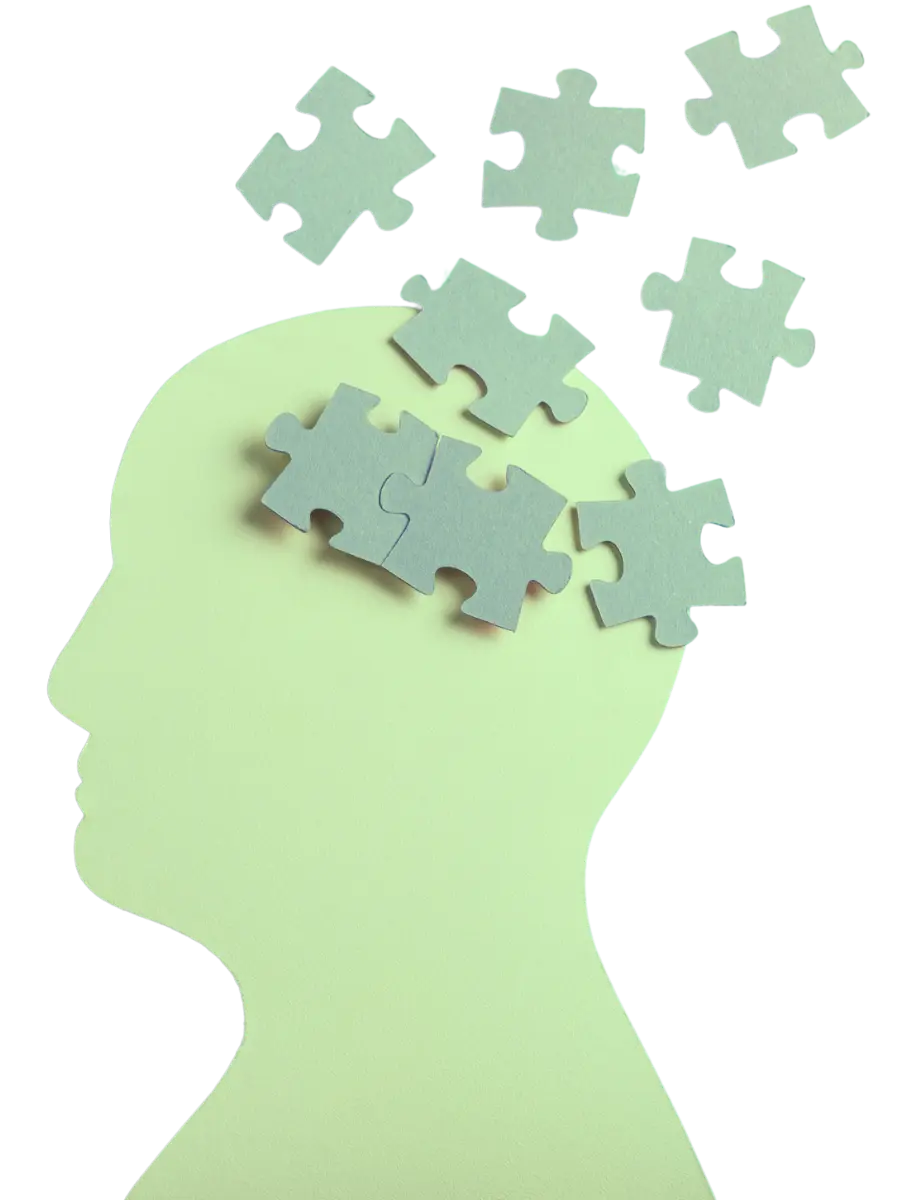
Healing from depression can be incredibly challenging, especially when conventional treatments fall short. However, recent breakthroughs have highlighted the positive effects of ketamine on depression.
At low doses, ketamine has minimal dissociative or psychotic impacts, making it a viable option for many.
People who have tried antidepressants and failed have found success with ketamine. Unlike common medications that alter neurotransmitters like dopamine and serotonin, ketamine works by increasing glutamate levels.
This difference in action helps the brain form new neural connections, potentially providing long-term relief from depressive symptoms.
With a carefully tailored ketamine treatment plan, patients can experience significant improvements in their mental health, paving the way for lasting recovery.
Learn More About Ketamine for Depression
SSRIs (selective serotonin reuptake inhibitors) are one of the most common treatments for depression. When compared to ketamine, there are a few differences.
The speed of action is slower in SSRIs than in ketamine. Ketamine will generally show antidepressant effects within 40 minutes, while SSRIs will take 2 to 4 weeks to provide benefits.
Additionally, ketamine does not affect the patient’s libido. SSRIs have the noticeable effect of reducing sexual desire and function.
Ketamine also influences brain chemistry differently. SSRIs increase serotonin, while ketamine boosts glutamate levels and improves connections between neurons.
Learn More About SSRIs vs Ketamine
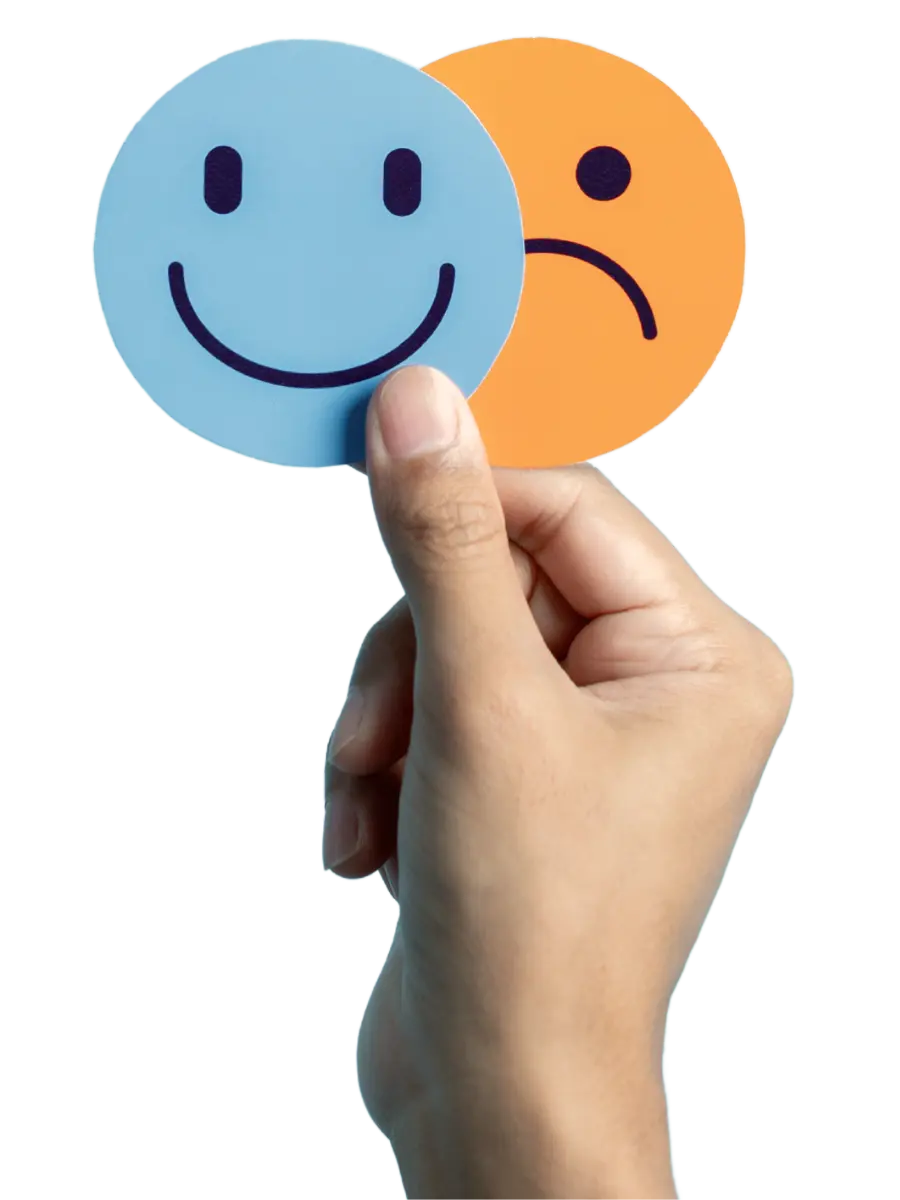
Patients experiencing chronic pain may find significant relief with prescribed ketamine.
This drug has shown significant advantages over the more commonly prescribed opioid medications. Primarily, ketamine has a reduced side effect profile, avoiding adverse reactions such as constipation and addiction.
Ketamine alleviates pain through multiple mechanisms. It primarily acts as an NMDA receptor inhibitor, which leads to improved pain control.
Additionally, ketamine has anti-inflammatory properties. It interacts with inflammatory cells, cytokines, and inflammatory mediators, helping to reduce inflammation without hindering the body’s natural healing processes.
Ketamine also offers long-term analgesic effects. After 4-14 days of use, patients can experience pain relief for up to three months.
This sustained pain management makes ketamine a valuable option for pain relief without the common side effects associated with traditional pain medications.
Learn More About Ketamine for Chronic Pain

Learn More About Ketamine for Anxiety
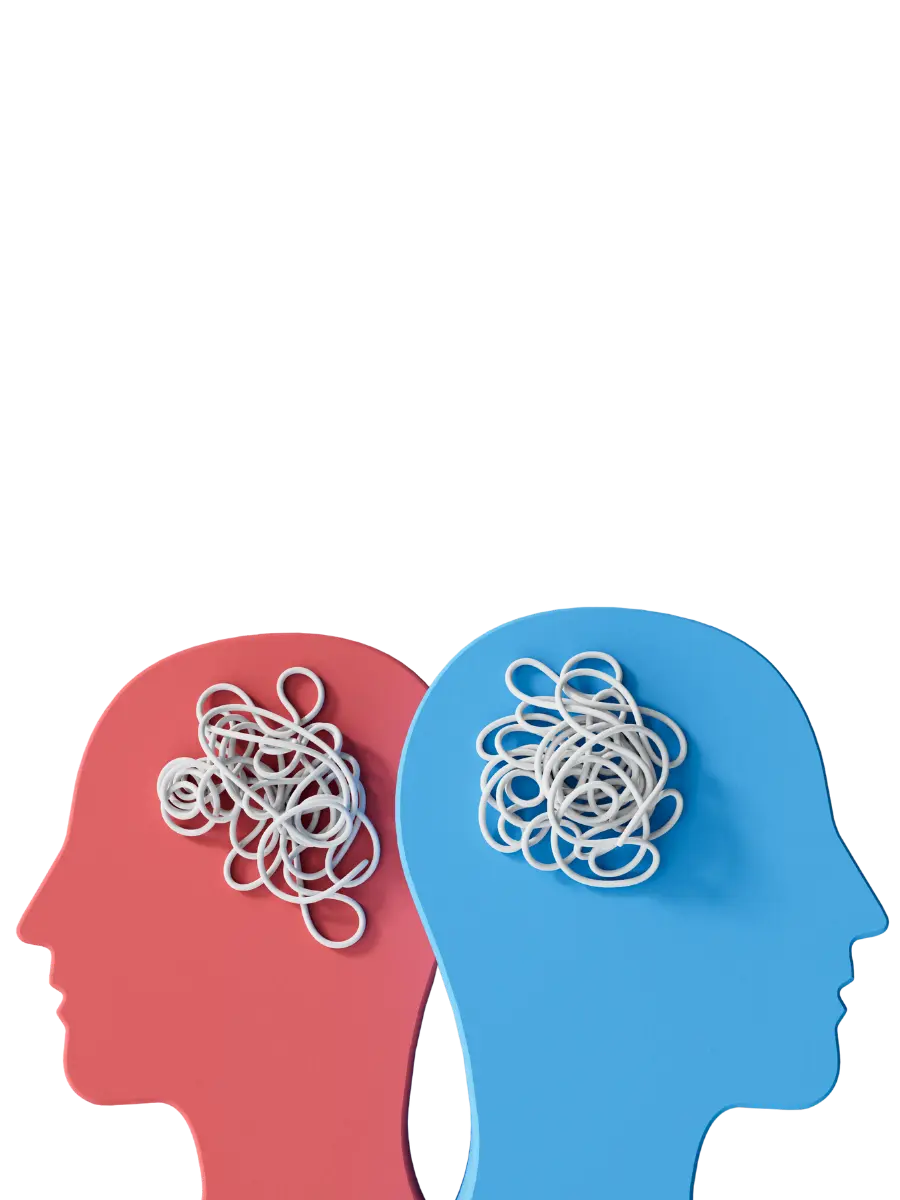
Ketamine is commonly administered intravenously as an anesthetic, providing analgesic and aura-producing effects. However, compounding pharmacies can create ketamine in various forms to suit different patient needs.
One popular option is nasal sprays, with Spravato being the first FDA-approved ketamine nasal spray. This medication must be taken under a doctor’s supervision in an office setting, which limits customization for the patient.
Compounded ketamine, on the other hand, offers greater flexibility. Patients can choose any dosage size, even those not commercially available. Patients can take the medication at home if they are not at risk for addiction, making it convenient for those who require lower doses.
Beyond nasal sprays, we can compound ketamine into troches, sublingual drops, and even pain creams, ensuring a tailored approach to meet each patient’s unique needs.

Determining the right dosing strategy for ketamine can be challenging due to various factors, such as the severity of the condition and how often the medication is needed.
At our pharmacy, we offer personalized dosing recommendations through individual consultations.
Typically, dosing is coordinated with therapy sessions, ranging from 1 to 3 times per week, or patients might take ketamine daily.
Each approach has specific guidelines for dosage size and medication form, ensuring the best possible outcomes for each patient.
Learn More About Ketamine Dosing

Compounded ketamine comes in various forms, tailored to meet individual patient needs and preferences. Our pharmacy formulates ketamine into nasal sprays, pain creams, troches, and rapid dissolve tablets (RDTs).
For those requiring more flexibility, compounded ketamine allows for precise dosage customization, even in amounts not commercially available.
These compounded forms ensure that ketamine therapy can be precisely tailored to the unique requirements of each patient, enhancing their medication experience.
Intranasal ketamine can be customized to fit nearly any dosage requirement, and we can prepare it preservative-free for those who prefer it that way.
With a bioavailability of around 45%, this form is widely utilized to treat cases of depression that have proven resistant to other therapies.
Learn More About Ketamine Nasal Sprays
Ketamine pain creams help address pain at the source. Applying a ketamine cream can help alleviate symptoms of neuropathic pain and complex regional pain syndrome.
Topical ketamine also provides the upside of having no serious side effects while having higher concentrations of ketamine.
Learn More About Ketamine Cream
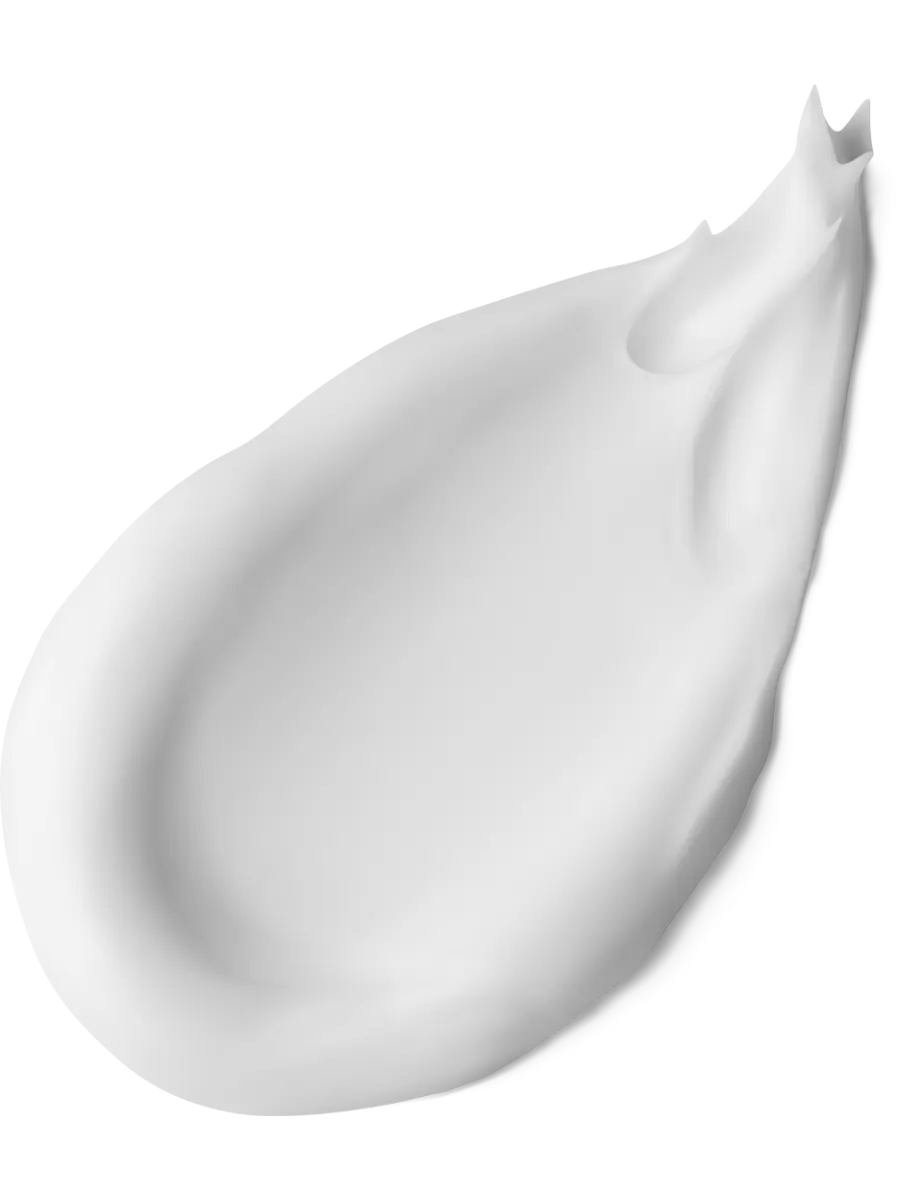
Troches are small tablets similar in consistency and size to cough drops. We compound troches to contain most medications, including ketamine.
They dissolve over time and deliver medication directly to the bloodstream through the mucous membranes in the mouth. Bypassing the digestive system helps deliver better bioavailability.
Rapid-dissolve tablets (RDTs) do exactly what their name implies. They quickly dissolve in the patient’s mouth.
This is great for patients who may struggle with swallowing pills. RDTs are better tasting and do not affect the digestive system. Not many compounding pharmacies can make RDTs, but many patients benefit from this medication.
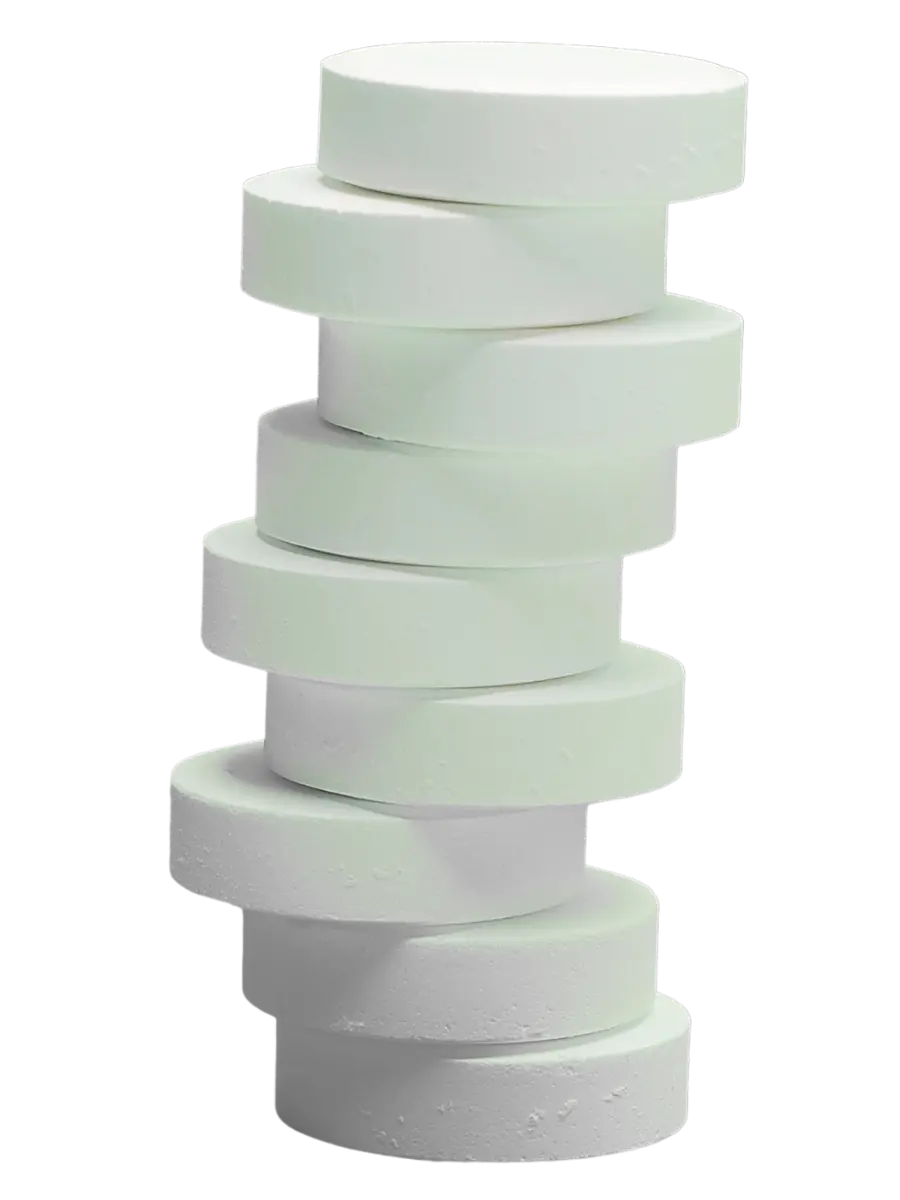
Learn More About Ketamine Side Effects


Ketamine research continues to bring positive results. For those who have tried other medications to no avail, ketamine may be a reasonable option.
ClearSpring Pharmacy compounds ketamine to any specified form and dosage! We test our products to ensure our patients get the most efficient and potent product.
You can also fill out the form on this page to get in touch. We respond to inquiries typically in 1 business day.
Monday – Friday: 10 am to 6 pm
Saturday: 10 am to 2 pm
Sunday: Closed
Monday – Friday: 9 am to 6 pm
Saturday: 9 am to 1 pm
Sunday: Closed
Call/Text: (303) 795-4300
Fax: (303) 795-5849
Monday – Friday: 8 am to 5 pm
Saturday & Sunday: Closed
DISCLAIMER: A prescription from a licensed practitioner is required for compounded medications.
The content and photographs on this website are copyrighted or licensed material and may not be downloaded for other than personal use. Retransmission, republication, reproduction, or any other use of the content or photographs is prohibited.
©ClearSpring Pharmacy
Website Development by Storey Marketing